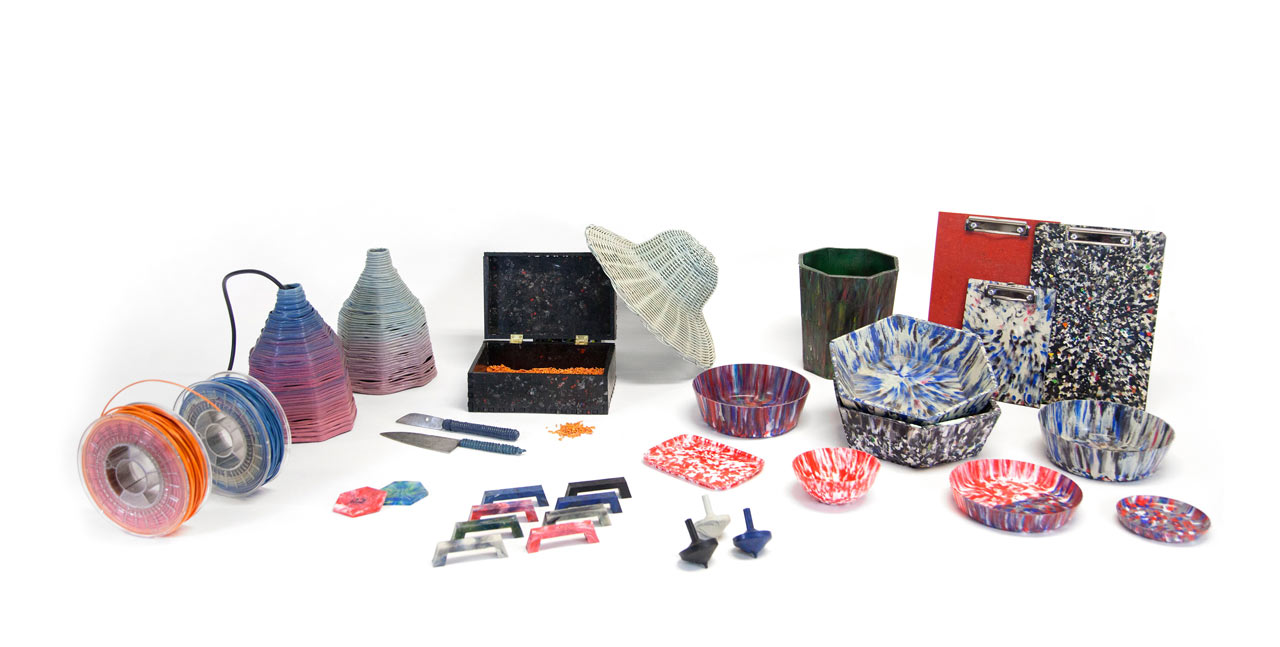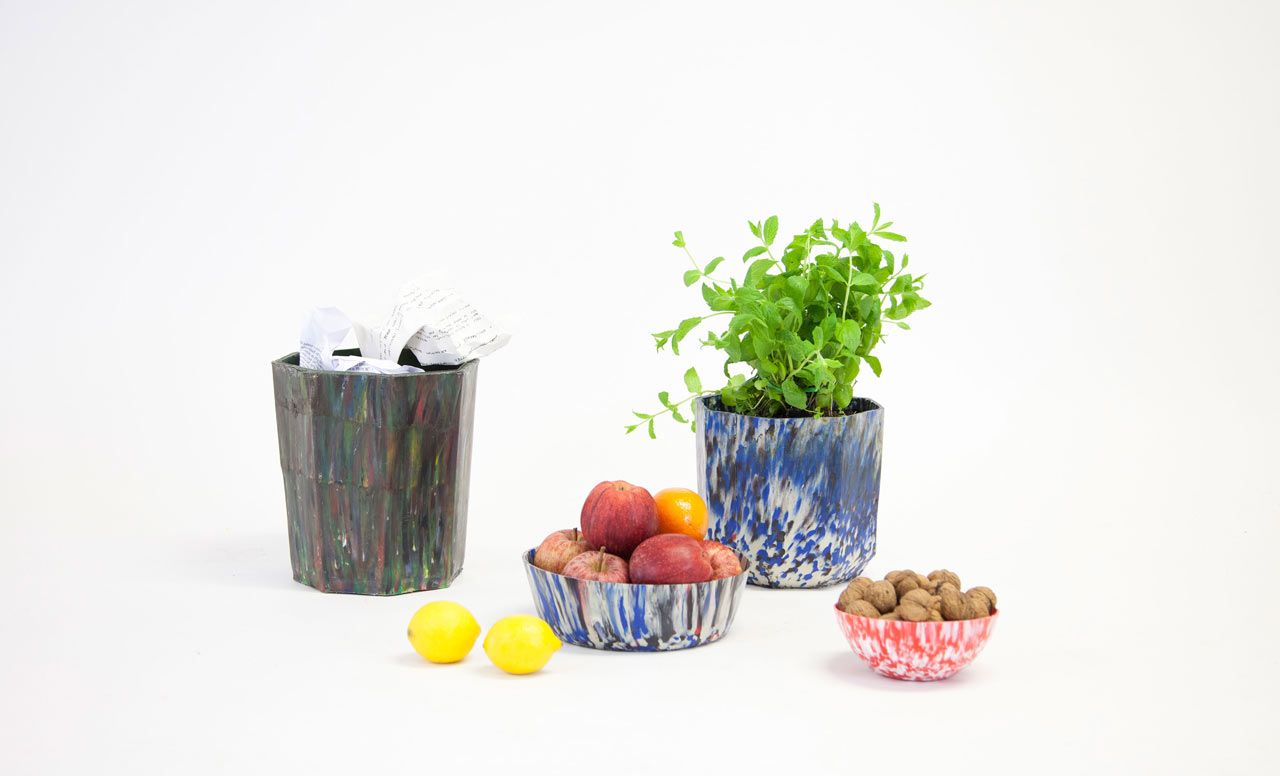What do you imagine when you hear the words ‘valuable resource’?
You might think about gold or diamonds, maybe even wood or steel or water. Things we treat with care and use sparingly so that they last. We value them and try to protect them.
So what if I told you plastic was a valuable resource?
In our world plastic is considered low value, to be thrown away, used once then forgotten forever. When we design things to be disposable, we make them out of plastic. 50% of the plastic we use, is used once then thrown away. But when you think about it, that makes no sense at all.
All the things that made plastic popular in the first place - it's cheap, easily produced, durable, long lasting - are the same things that make it damaging as a "throwaway" item. The very nature of plastic is that it is built to last - so why don't we use it to make the things we want to keep forever?
Plastic isn't inherently bad for the planet. It's our mentality towards it and the way we use it that makes it dangerous.
So how do we turn it around?
Firstly we need to use what we already have out there in the world. We need to take the things we consider "waste" "throwaway" or "single use" and turn them into things of value and longevity. Whether that means upcycling things like bottles and bags and turning them into something functional or taking plastics from the ocean or your house and recycling them in your home.
There are some organisations like Precious Plastic and Plastic Collective that are building and providing plastic recycling machines that can be use locally in communities and homes to turn plastic waste into valuable long lasting items.
Recycled plastic items made by Precious Plastic. Images: Design Milk
As well as using the plastic we already have, we also need to stop creating throwaway plastic in the first place, and save it for the times when it's truly the best option. Plastic used in the medical field to create a sterile environment is the perfect example. If we used it sparingly, we'd not only save resources but the waste would be more manageable.
Obviously these changes need to happen on a global, industrial scale. We need governments and companies to step up and start putting it in action. But we also have power as consumers and as individuals too.
You can start by changing your own mentality about plastic.
Next time a new piece of plastic enters your home or your life, before you decide to throw it out, take a look at it. What can this piece of plastic be used for? How amazing is it that we've created a material that resists water and heat, doesn't shatter and can be moulded to any shape? Think about the value of what you have in your hand. Say it's a plastic milk bottle - it's life isn't over once the milk is gone and neither is its usefulness. What can it be turned into?
Make an effort to appreciate and look after the plastic that already exists in your life. Your drink bottle, your computer keyboard, your sunglasses. The better you look after them and the more you use them, the greater value they will hold.
And if you have to buy things made from plastic, try to make sure its not only recyclable but made from recycled materials. Before you send it off to recycling, make sure you've got the most use out of it that you can.
Read this next: To Cup Or Not To Cup: Common questions about menstrual cups answered!
WE ARE WOMEN AND GIRLS FROM EVERY CORNER OF THE PLANET BUILDING A LIFESTYLE REVOLUTION TO FIGHT THE CLIMATE CRISIS, WILL YOU JOIN THE MOVEMENT?




